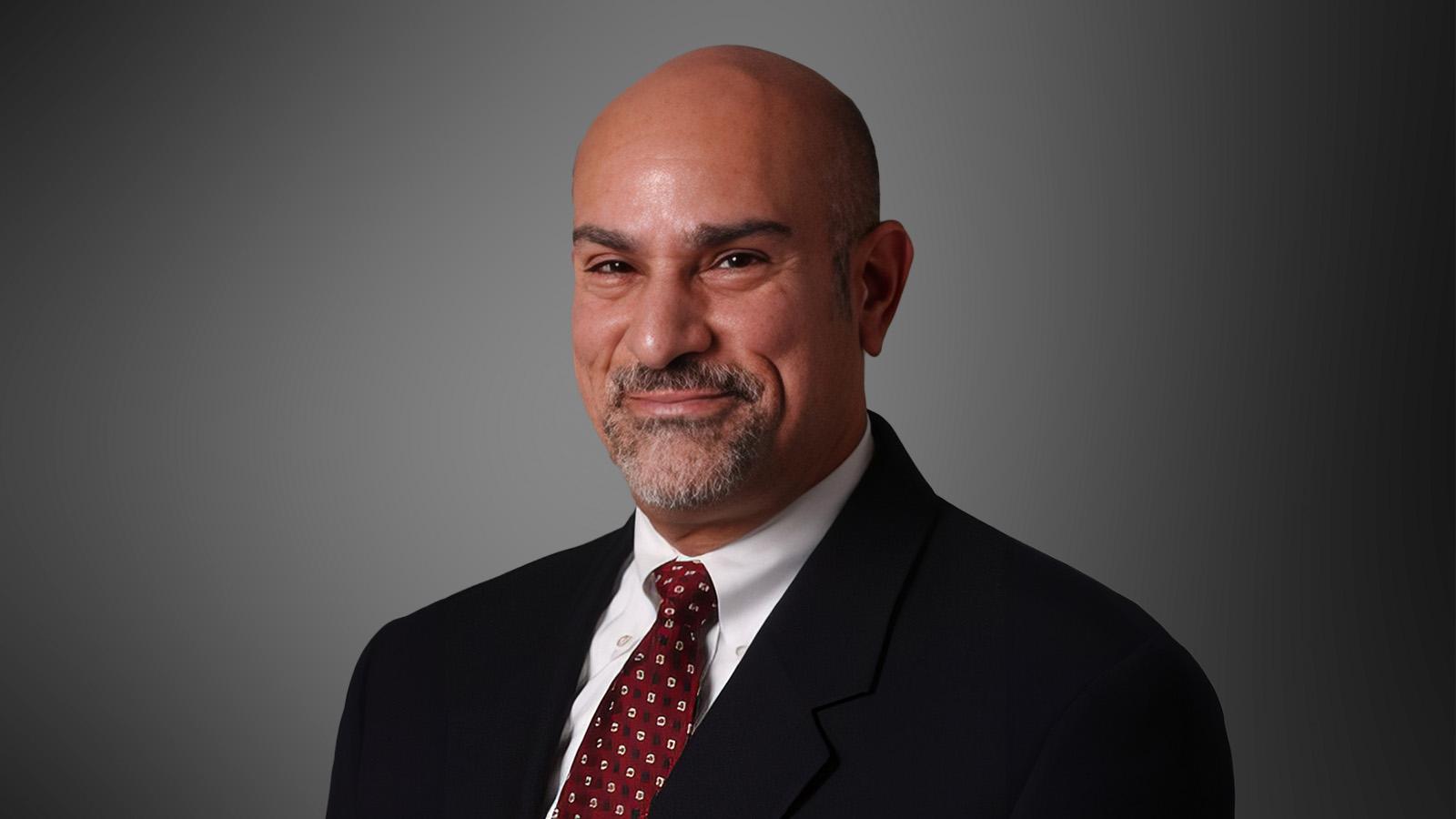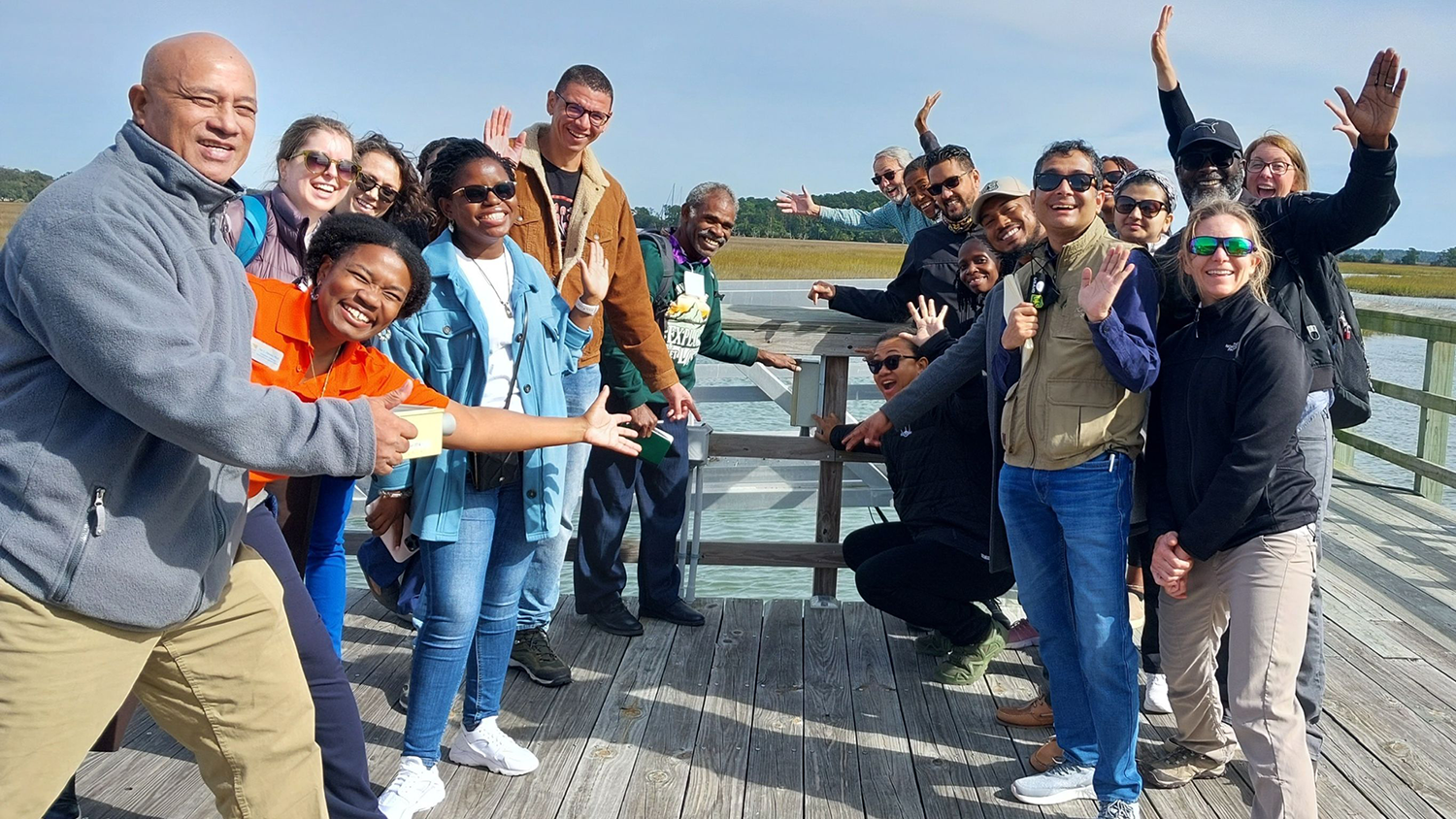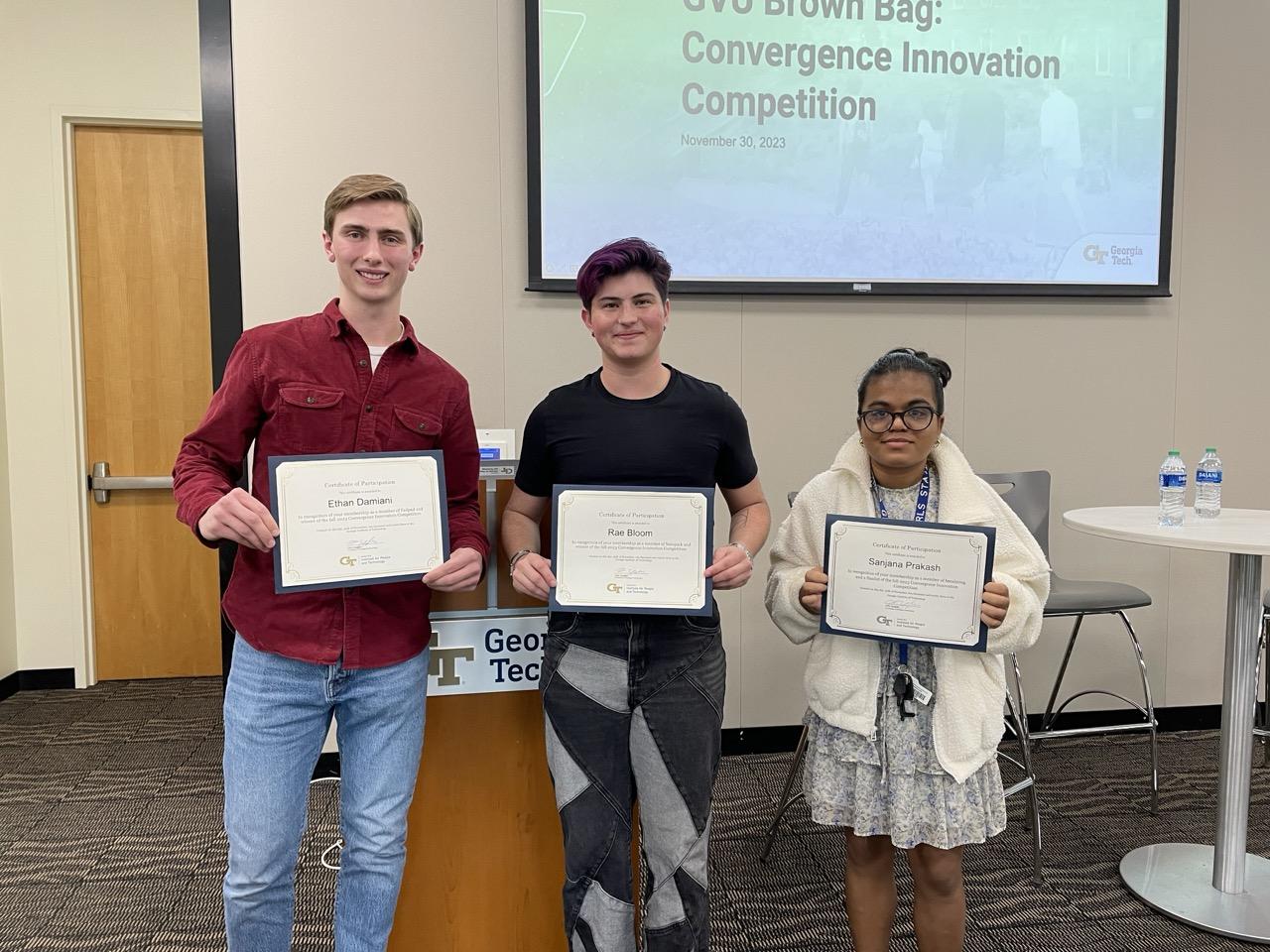AGI is Coming… Is HCI Ready?
Speaker: Meredith Ringel Morris, Ph.D., Director for Human-AI Interaction Research at Google DeepMind
Date: 2/1/2024 12:30 pm (12:00 lunch)
Location:
Technology Square Research Building (TSRB, 1st Floor Ballroom)
85 Fifth Street NW
Atlanta, GA 30308
Sustain-X Competition
Come celebrate our entrepreneurs that are passionate about creating start ups with environmental and social impact. The showcase will provide participants the chance to show off their ideas. Top three submissions will win cash prizes and the chance to join the CREATE-X Startup Launch program in the summer.
IPaT Spring Town Hall
The Institute for People and Technology (IPaT) invites faculty/staff/students to join our annual town hall. Michael Best, IPaT’s Executive Director, will be on hand to unveil our new interdisciplinary research concentrations and our campus-wide search for faculty research leads in these areas. He will also overview plans for the upcoming year.
Trans Technologies Talk
SPEAKER
Oliver Haimson, Ph.D.
Assistant Professor, University of Michigan School of Information
ABSTRACT
Remembering Research Scientist Paul Manuel Aviles Baker
Dec 20, 2023 —

Portrait of Paul Manuel Aviles Baker.
Like those of many senior scholars, Paul M.A. Baker’s CV runs more than 30 pages, detailing a career’s worth of research, service, and accomplishments. It’s on page two, however, where you may get the strongest sense of Baker’s intellect. He accumulated an eclectic and impressive collection of degrees, five in all, ranging from zoology to theology and bookending his Ph.D. in public policy.
That kind of dedication to learning was quintessential Baker, as was his commitment to helping lift up those around him, especially junior researchers, said Victoria Razin, a senior research engineer at the Georgia Tech Research Institute. She became a friend and mentee of Baker’s after working with him for a year on voting machine accessibility.
“Paul was an incredibly thoughtful researcher, a kind friend, and an incredible mentor who built up the people around him,” Razin said.
Baker, the senior director for research and strategic innovation at the Center for Advanced Communications Policy, passed away suddenly last week after a brief medical emergency, leaving behind an enormous void for his family, friends, and coworkers, as well as a tremendous legacy.
“Paul was like no one else I have met,” said Regent’s Researcher W. Bradley Fain, CACP’s executive director and Baker’s boss since 2019. “To be able to describe Paul succinctly is impossible.”
From Zoology to Technology Policy
After graduating from college with a degree in zoology, Baker worked as an environmental scientist, in real estate, and as a publisher, in addition to later academic roles at George Mason University and Saint Mary’s College. He joined Georgia Tech in 1999 as a visiting assistant professor, where he taught Research Design for the Policy Sciences, American Government, and more.
Two years later, he joined CACP as associate director for policy research and became director of research four years later. In 2011, he was named associate director of the Center for 21st Century Universities, where he oversaw strategic policy initiatives and managed the Center’s policy-focused sponsored research projects. After three years, he returned full-time to CACP, where he was appointed senior director for research and strategic innovation.
In 2020, he took on a new role when the Center for the Development and Application of Internet of Things Technologies moved from GTRI to CACP. Paul became the organization’s chief operations officer, where he worked to further the Center’s mission to spur technology and policy innovation in the internet of things sphere.
“Paul was a wonderful advisor, helping me work through really complicated issues,” Fain said. “Every conversation was an opportunity for him to share knowledge.”
Kaye Husbands Fealing, dean and Ivan Allen Jr. Chair in the Ivan Allen College of Liberal Arts, said Baker was an accomplished researcher who was deeply committed to expanding technology and workforce accessibility for everyone.
“We worked together a few years ago on a project with my research assistant, Andrew Hanus, and Connie McNeely of George Mason University to broaden participation in STEM employment for people with disabilities, and he took the initiative to lead a workshop on how veterans could gain STEM skills. I will miss his keen insight, his passion for his scholarship, and his generosity.”
Regents’ Researcher Emeritus Helena Mitchell, former executive director of CACP, said Baker was the Center’s most published employee whose contributions at Georgia Tech and around the world will continue to be felt.
“He was an excellent researcher, a great networker, a man of passion, integrity, and knowledge,” she said.
She and Baker were close friends for over 20 years, frequently hanging out together before Baker moved to Canada to be with his husband. She said she will miss their wide-ranging discussions over cosmopolitans.
“He’s like a brother to me,” she said.
Promoting Equal Access
In each of his roles, Baker approached his work with enormous curiosity, rigor, and a genuine desire to leave the world a better place, said Nathan Moon, director of research at CACP, who worked with Baker for nearly two decades.
“Paul was committed to doing research that would promote equal access for all people,” Moon said.
It shows in his publishing record, where you’ll find papers such as “Wireless Technologies and Accessibility for People with Disabilities: Findings from a Policy Research Instrument,”; “E-Accessibility and Municipal Wifi: Exploring a Model for Inclusivity and Implementation,” and “Digital Tech for Inclusive Aging: Usability, Design and Policy.”
In the last few years, he worked with Moon to develop a new seminar course, Policy Innovation for Inclusive Technologies, as part of a grant to develop a new postdoctoral training program for scholars interested in disability and accessible technology policy.
They taught the course together in the recently concluded Fall semester.
“In addition to being an excellent researcher, Paul was a wonderful educator,” Moon said. “He loved teaching and had high hopes and expectations for students, just as he did for junior researchers.”
But Baker’s personality and approach to other people especially set him apart, Razin said.
He had a way of connecting with people that made them feel special. For instance, Baker was a Quaker who also practiced Buddhism. But he always took time to send holiday greetings in correct Hebrew to Razin, who is Jewish.
“That was so special,” she said.
Moon said Baker’s legacy will continue to motivate him and other research scientists at CACP and across Georgia Tech who were touched by Baker’s intellect, curiosity, and drive.
“I can say confidently that as both a research scientist and person, Paul left the world a better place than he found it. He was a good friend, and he’ll be missed.”
Michael Pearson
Ivan Allen College of Liberal Arts
Three Lessons Towards Ethical Tech
SPEAKER
Casey Fiesler, Ph.D.
Associate Professor, Information Science
University of Colorado Boulder
MLK Jr. National Holiday
Georgia Tech will be closed in observance of the M.L.K, Jr. National Holiday.
CEAR Hub Hosts International Seminar on Community Resilience
Dec 05, 2023 —

CEAR Hub Group Photo with International Visitors: Dec-2023
The Coastal Equity and Resilience (CEAR) Hub recently partnered with the U.S. Forest Service to host a two-week international seminar on community resilience. The seminar provided training to 11 community leaders from Honduras, Bangladesh, Samoa, Mozambique, Solomon Islands, Fiji, Tanzania, Nepal, Belize, and Brazil. The participants spent one week in Atlanta and one week in Savannah, learning strategies for building social, environmental, and economic resilience. Numerous CEAR Hub projects were featured as case studies in the seminar, including the Hub’s smart sea-level sensor network in coastal Georgia; emergency management support in Chatham County, GA; resilience planning work in the Gullah Geechee community of Pin Point (Savannah, GA); community garden development and youth engagement in Hudson Hill (Savannah, GA); K-12 education programs at Savannah State University; and environmental health research in Brunswick, GA. Through these examples, participants gained a deeper understanding of climate adaptation options, nature-based solutions, equitable community engagement, and the importance of collaboration in achieving community resilience.
The CEAR Hub lead principal investigator is Russell Clark, senior research scientist at the Georgia Institute of Technology and faculty member of the Institute for People and Technology (IPaT). Several members of the CEAR Hub team are affiliated with IPaT.
About the CEAR Hub
Coastal flooding, extreme heat, and other climate hazards are growing threats to communities throughout Georgia’s coast. These threats are especially critical for historically marginalized groups, who often face the most severe impacts and have the least ability to cope.
CEAR Hub is a project that joins community organizations, local governments, and educational institutions together to develop the knowledge, tools, and strategies that make our communities more resilient. CEAR Hub partners work alongside members of vulnerable communities to create fair and just solutions to the climate challenges through community-led research, training, and outreach.
Convergence Innovation Competition Names Two Winners
Nov 30, 2023 —

(left-to-right) Ethan Damiani, Rae Bloom (CIC fall 2023 winners) and Sai Sanjana Prakash (finalist).
Both fadpad and NaloPack won this year’s Georgia Tech Convergence Innovation Competition (CIC) for fall 2023. The CIC judges felt both teams deserved to be named winners based on their innovative ideas. Sponsored twice every year by Georgia Tech’s Institute for People and Technology (IPaT), the Convergence Innovation Competition is dedicated to helping students create and showcase innovative, viable products and experiences with the support of campus and industry resources along with guidance.
Fadpad is a multilayered add-on that goes directly on top of a menstrual pad to collect a blood sample. The blood sample is then shipped to a lab for testing. The fadpad team has shown that their approach can effectively detect biomarkers present in diseases like HPV, HIV, and other sexually transmitted infections. They recently earned one of the top prizes at the 2023 Collegiate Inventors Competition at the National Inventors Hall of Fame.
The fapad team includes Rhea Prem, who graduated with a bachelor of science in computer engineering; Netra Gandhi, who graduated with a bachelor of science in biomedical engineering; Ethan Damiani, who will graduate with a bachelor of science in biochemistry this fall; and Girish Hari, who will be completing a master of science in computer science this fall. Each team member will win a cash prize for winning.
NaloPak is a design-driven carry sling bag allowing a wearer to quickly access two Naloxone nasal sprays to quickly reverse an opioid overdose. The specially designed bag system also advertisers that the wearer is carrying this lifesaving medicine. Instructions to use Naloxone are also highly visible if the medicine needs to be rapidly deployed to save a life.
NaloPak was envisioned by Rae Bloom who is an undergraduate industrial design student graduating next spring 2024. By winning, Bloom will gain entry into the Georgia Tech CREATE-X program along with a cash prize. Fadpad has already participated in the CREATE-X program at Georgia Tech.
This year’s sole finalist was a product application named “becalming.” The future vision of her app is to combat bad mental health practices. It’s a product that is still in the early stages of design and development. Becalming is spearheaded by Sai Sanjana Prakash, who is pursuing a bachelor of science in both biomedical engineering and computer science.
This year’s fall 2023 competition judges were:
- Russell Clark, Institute for People and Technology at Georgia Tech
- Rahul Saxena, CREATE-X at Georgia Tech
